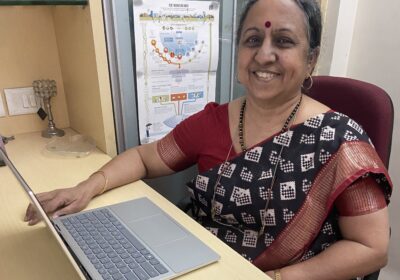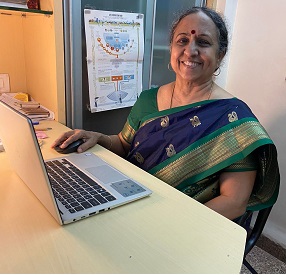Since February, I wrote four posts about the issues in India regarding literature searching and access to resources.
- February : Twenty years since of PubMed access and are our health professionals “information savvy”
This was all about the lack of information literacy. - March: Literature searching and the ideal researcher
Covered what a literature searcher should know - April: Country wide access to databases / journals: an urgent need
About access to databases and journals that we badly need in the country. - May: Online access to health information resources in India, what more should we be doing?
In other words, what should we be doing about this.
What are the hurdles that we face if we try to do more about online access and training? As I have gathered insights over the last many years, I list some of them:
i) Budgets: Library budgets are hot topics for discussion amongst librarians. There are extremes – huge budgets for institutions like AIIMS – Delhi, and maybe some private institutions like Manipal University. At the other end are the smaller private hospitals and institutions, where the library budget is made with what seems like the biggest grudge against spending on knowledge. I have personally experienced the budget being made by people no way involved in library matters, and making suggestions that had no logical basis. Till I as a librarian who joined the institution and observed this, brought some method in. I have heard from librarians of Government Medical Colleges that there have been times when funds from the budget were available so late that subscriptions to journals and databases could not be renewed for months.
A library budget is an important priority. It has to be made with the objectives of the institution, and should include a method to measure the Return on Investment, with some reasonable quantity and quality indicators. And it has to include amounts for training to use the resources right. Otherwise it is like having an MRI scanner with no Radiologist & trained technician – both of them being vital for optimal use.
ii) Lack of awareness / knowledge: Now that term sounds vague, but is indeed the crux of a badly made budget and lack of implementation of important priorities like updated Union Catalogs, PubMed LinkOut and more. As mentioned in one of the previous posts, if decision makers are unsure of the value of different information resources, then right decisions are very difficult to arrive at.
iii) Lack of training: When there is a lack of knowledge, it is obvious that there is a need for training. And that is again lacking. Badly. Only if users get trained to use resources correctly, will they save precious time, and find the right material for their academics / research or practice. Decision makers for the library not only need to know about the right usage, but they need to know enough to evaluate resources and choose the most cost effective ones based on the objective and user needs of their institution.
Most institutions describe their libraries as being “well stocked”. I would emphasize – that having large collections or access to resources does not help if it is not supplemented by the right training. Vendor sessions alone do not help. Training must include some theory about information resources, and then what a resource covers, does not cover and what its special features are. Users need to know when and why they must use a resource
There is a saying – “If you think education is expensive, try ignorance”. When we spend on resources without the training to dispel the ignorance, we are definitely doing something very very expensive.




